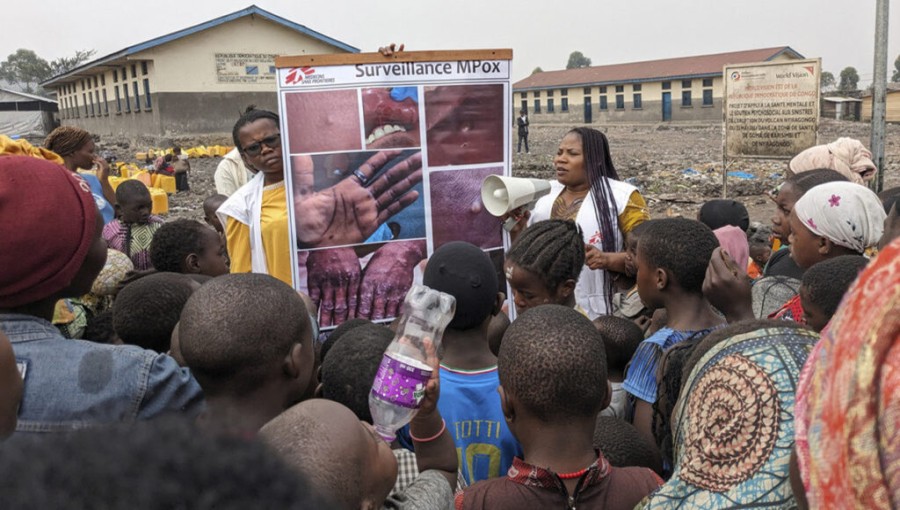Geneva, August 15 – The World Health Organization (WHO) has issued an emergency global health alert due to the rapid spread of a new variant of the Mpox virus, identified as clade 1b, across 13 African countries. This variant has its origins in the Democratic Republic of Congo and is spreading at an alarming rate, prompting urgent concern from health authorities worldwide.
In a statement released on Wednesday, WHO Director-General Tedros Adhanom Ghebreyesus emphasized the severity of the situation, noting that the virus’s high mortality rate has raised significant alarm among researchers. This marks the second time in two years that a global health emergency has been declared for Mpox, previously known as Monkeypox.
Mpox is primarily transmitted through close contact with an infected person, including skin-to-skin contact, sexual contact, or respiratory droplets. The infection manifests with flu-like symptoms, including fever, fatigue, and headaches, followed by the development of pus-filled lesions on the skin. While the effects of the virus are generally mild, severe cases can lead to death, particularly in vulnerable populations such as children.
The outbreak in the Democratic Republic of Congo began with the local strain known as clade I, but the emergence of clade 1b has led to its spread across the continent. The Africa Center for Disease Control and Prevention (Africa CDC) issued a warning last week, highlighting the alarming rate of viral spread and urging immediate action to contain the outbreak.
WHO's emergency committee, formed under the International Health Regulations, recommended the issuance of this global health alert following a thorough review of the outbreak's spread beyond the Democratic Republic of Congo. The alert serves as a call to action for countries worldwide to enhance surveillance, bolster public health measures, and prepare for possible cases of Mpox within their borders.
The Mpox virus was first identified in humans in 1970 in the Democratic Republic of Congo and has been a persistent health challenge in parts of Africa for decades. However, the current outbreak represents an unprecedented escalation in its spread and impact, necessitating urgent global attention and coordinated response efforts.





























Comment: